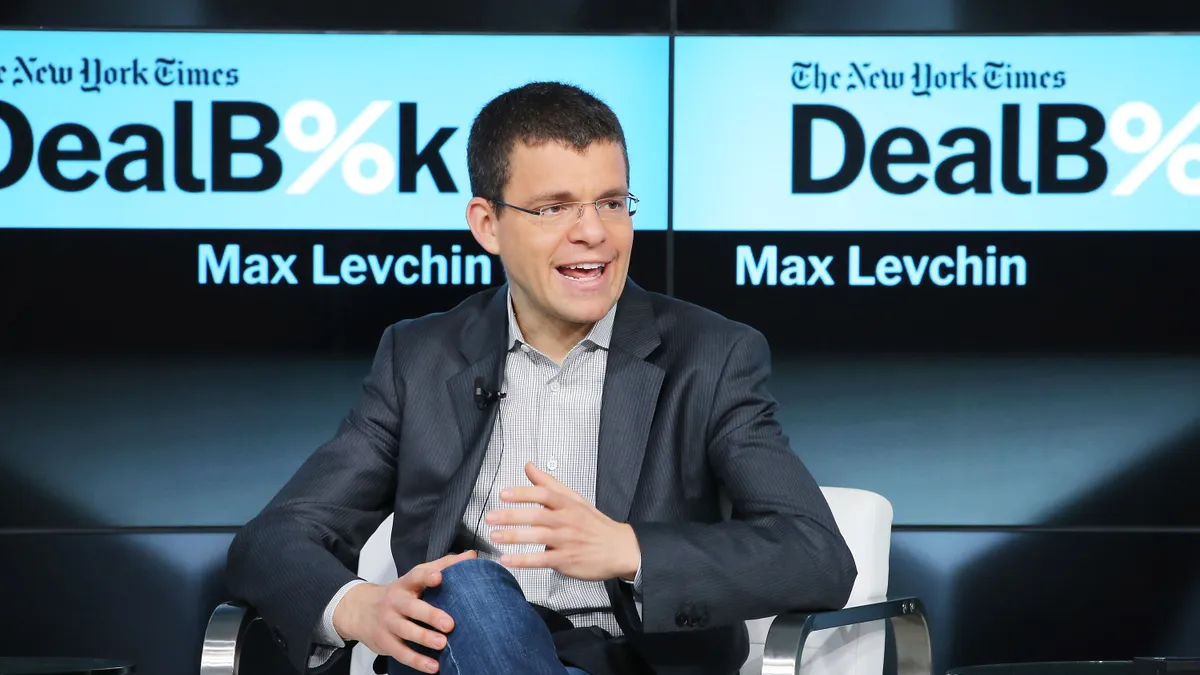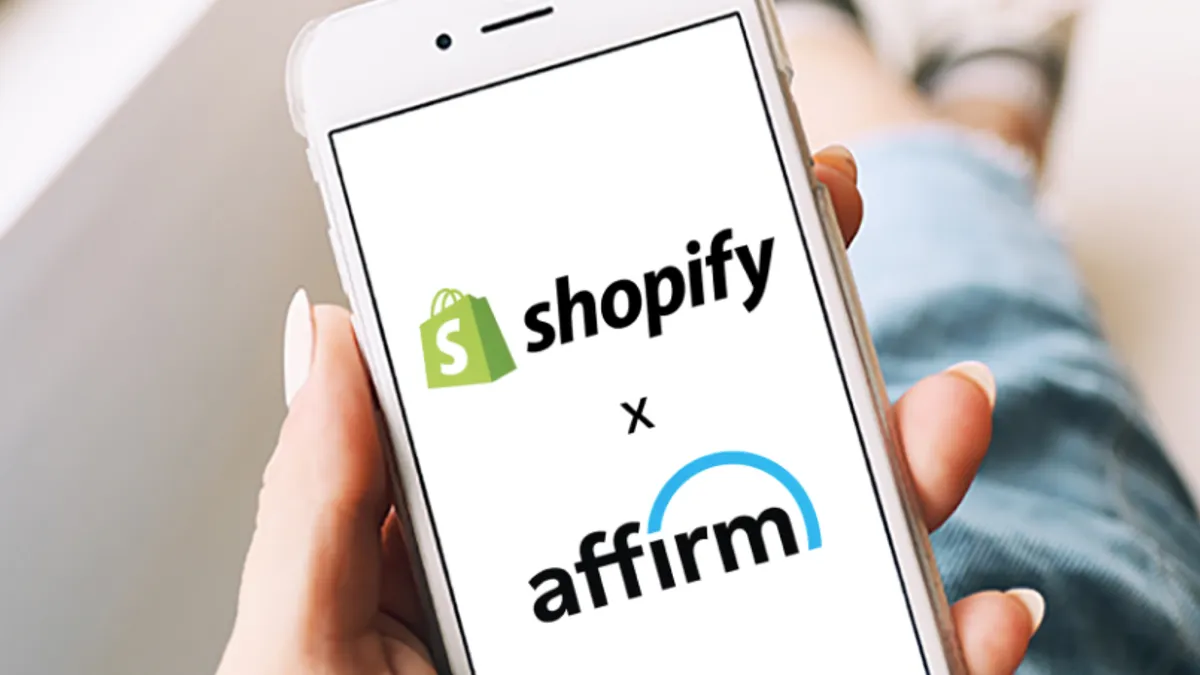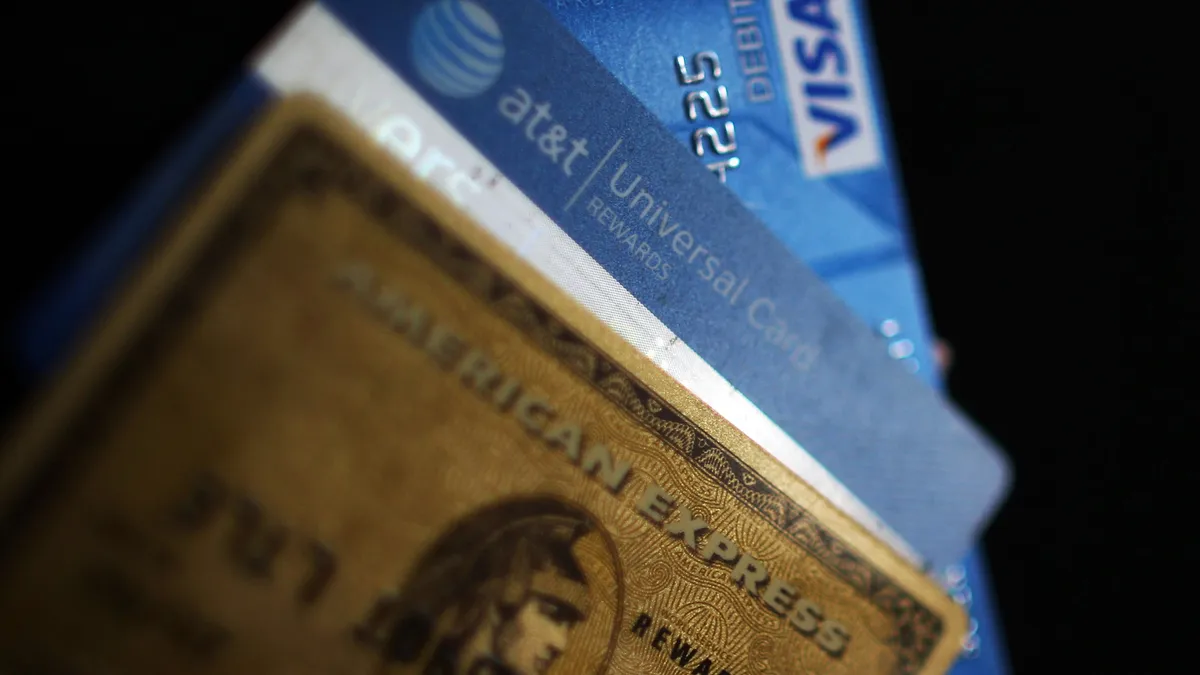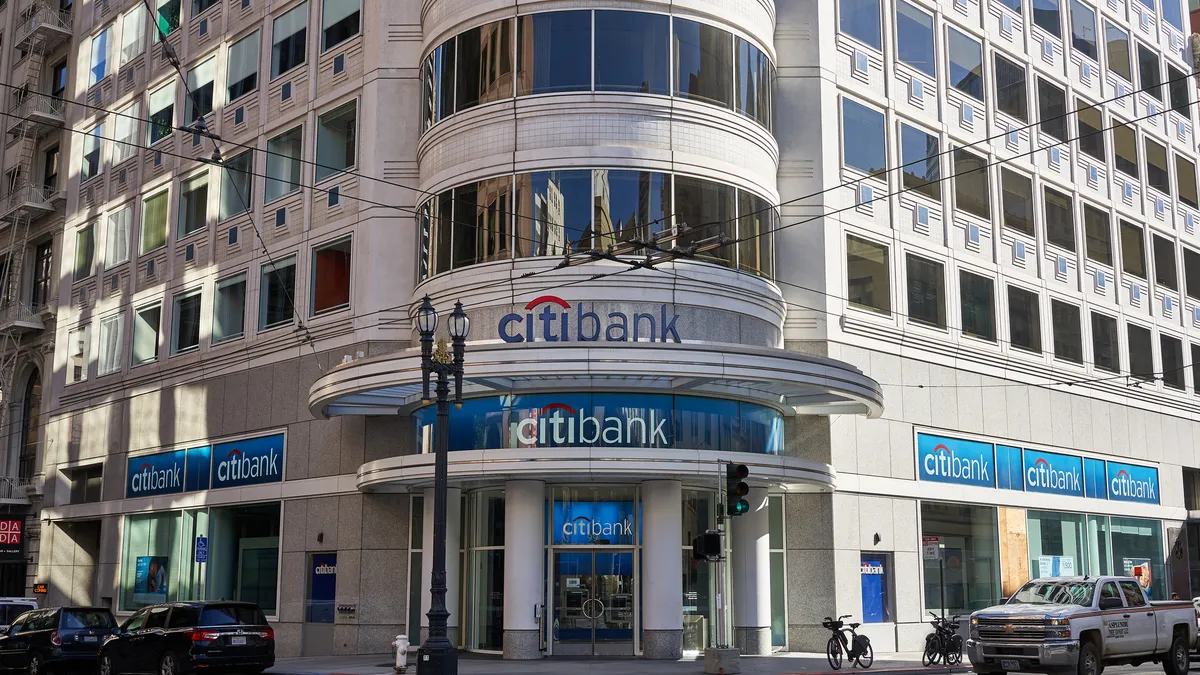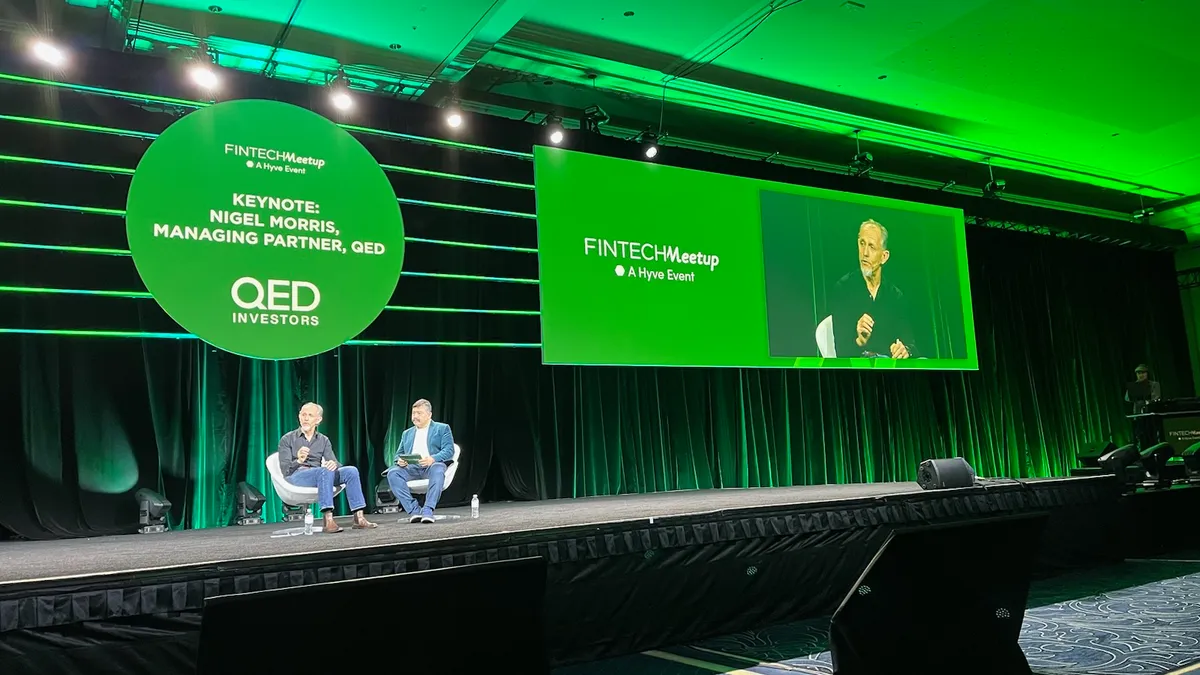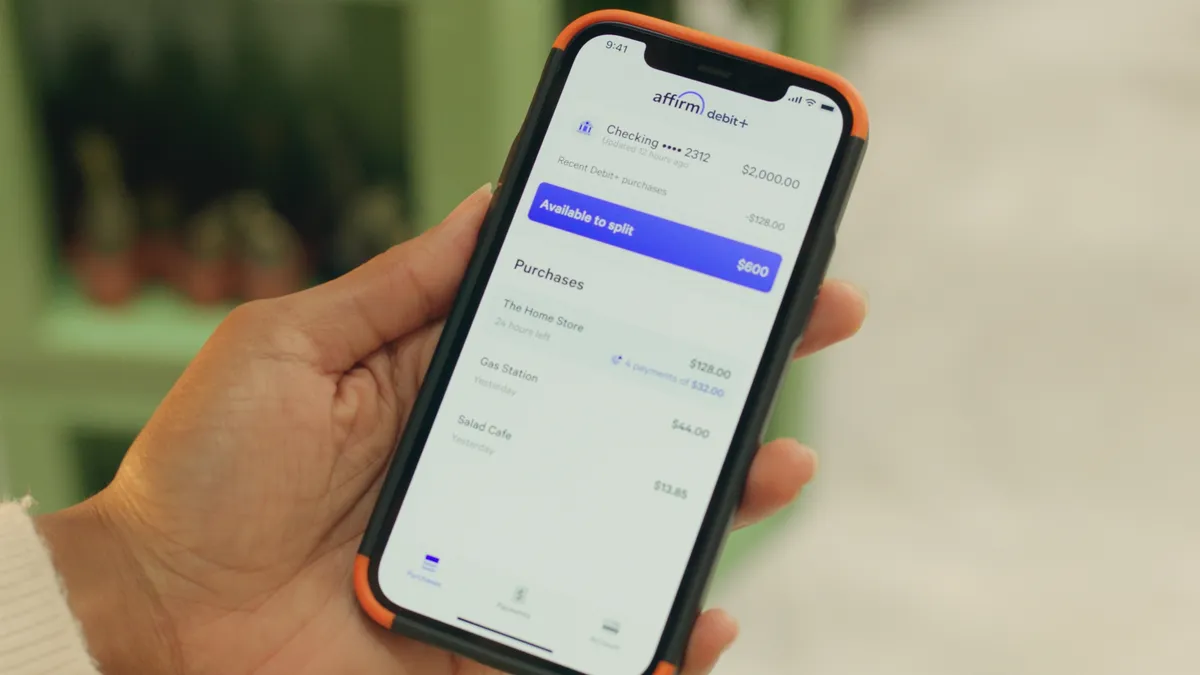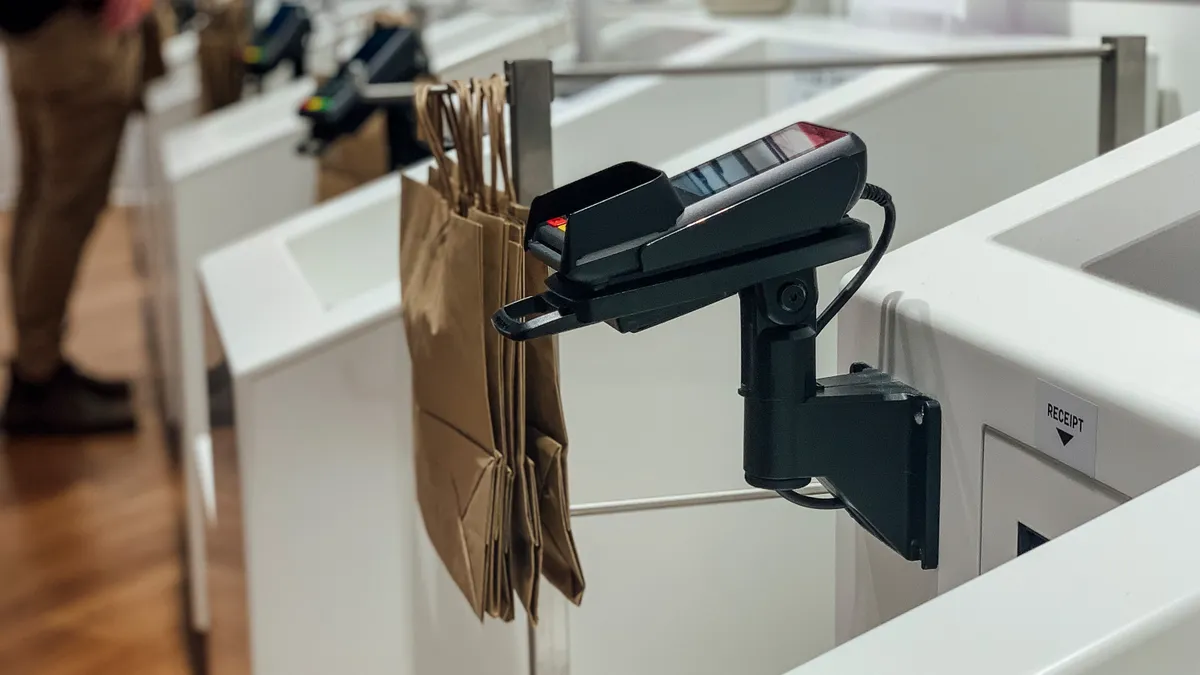It turns out that buy now-pay later services appeal to the rich as well as those less well off in an inflationary environment because both are eager to save a buck — at least that's the conclusion in one equity analyst report on buy now-pay later company Affirm.
Mizuho Securities, a financial firm that follows Affirm, said last week that a survey of households with at least $100,000 in annual income showed that nearly 37% have used Affirm, one of a growing number of digital payments companies that enable consumers to pay for goods and services in installment payments, often interest-free.
Affirm is led by CEO Max Levchin, who also was a co-founder of digital payments pioneer PayPal. It's one of a burgeoning crowd of BNPL players competing to woo consumers to the 21st century form of installment financing that pitches itself as a lower-cost alternative to other types of credit. The BNPL trend began in Australia and has more recently risen in the U.S. with San Francisco-based Affirm as the largest homegrown provider.
Mizuho's analysts said the survey results came as a surprise. "We consider that considerable affluent penetration should help alleviate outsized investor concerns about rising delinquencies," their March 15 report said. "It also bodes well for the overall future of BNPL as a significant disruptor of the traditional credit card industry, in our view."
The report was seeking to bolster Affirm investors following a significant stock drop since last November, when shares were trading at values almost five times higher than now.
Affirm has partnerships with high-end brands such as Neiman Marcus and Peloton, but its tight tie to the latter may recently have raised concerns as the indoor bike equipment company experienced a drop in demand. That impact may or may not be offset by a newer relationship forged with e-commerce giant Amazon last year.
While the BNPL trend has generally been considered more popular among younger consumers, the Mizuho survey also showed that Affirm's appeal among affluent users was highest among people between the ages of 30 and 44, with a higher percentage of consumers older than that group using the financing those those younger.
Following Russia’s invasion of Ukraine, U.S. consumers are facing increased economic hardships. Inflation is at the highest it’s been since Ronald Reagan was president in 1982. Average gasoline prices recently broke a record high set when George W. Bush was the occupant of 1600 Pennsylvania Avenue in 2008.
Affirm said this week that it expected higher revenue and profits than previously anticipated. The company’s decision to scrap plans for a deal to refinance bonds raised concerns about the company’s prospects and BNPL’s future in uncertain economic times.
According to Affirm, these worries are groundless. The company said results would be better than previously expected because "the demand for our service is going up because consumers are trying to ration their money a little bit more carefully because they're trying to smooth out their cash flow," said Levchin during an interview with CNBC.
His rosy outlook jibes with recent reports hailing prospects for BNPL's growth. A 156-page 2022 Global Payments Report, released March 2 by the Worldpay unit of Fidelity National Information Services, said buy now-pay later will account for about $438 billion, or 5.3%, of the global e-commerce transaction value by 2025, up from 2.9%, and $157 billion in 2021, fueled by strong demand in key markets such as North America and Europe.
Still, what has also weighed on the industry is growing regulatory scrutiny, prompted by concerns from regulators and lawmakers that consumers aren't as well-protected in BNPL scenarios as they may be with more traditional forms of credit that have more regulatory oversight.
The Consumer Financial Protection Bureau opened an inquiry into the industry last year after U.S. lawmakers began asking questions about protections for consumers. It's concerned consumers using the popular financing tool may accumulate too much debt as their purchasing data is mined for marketing.
Affirm was one of the companies that has been asked to provide information about its business practices in response to CFPB requests for information. Affirm said it met the March 1 deadline for providing information to the federal agency.



